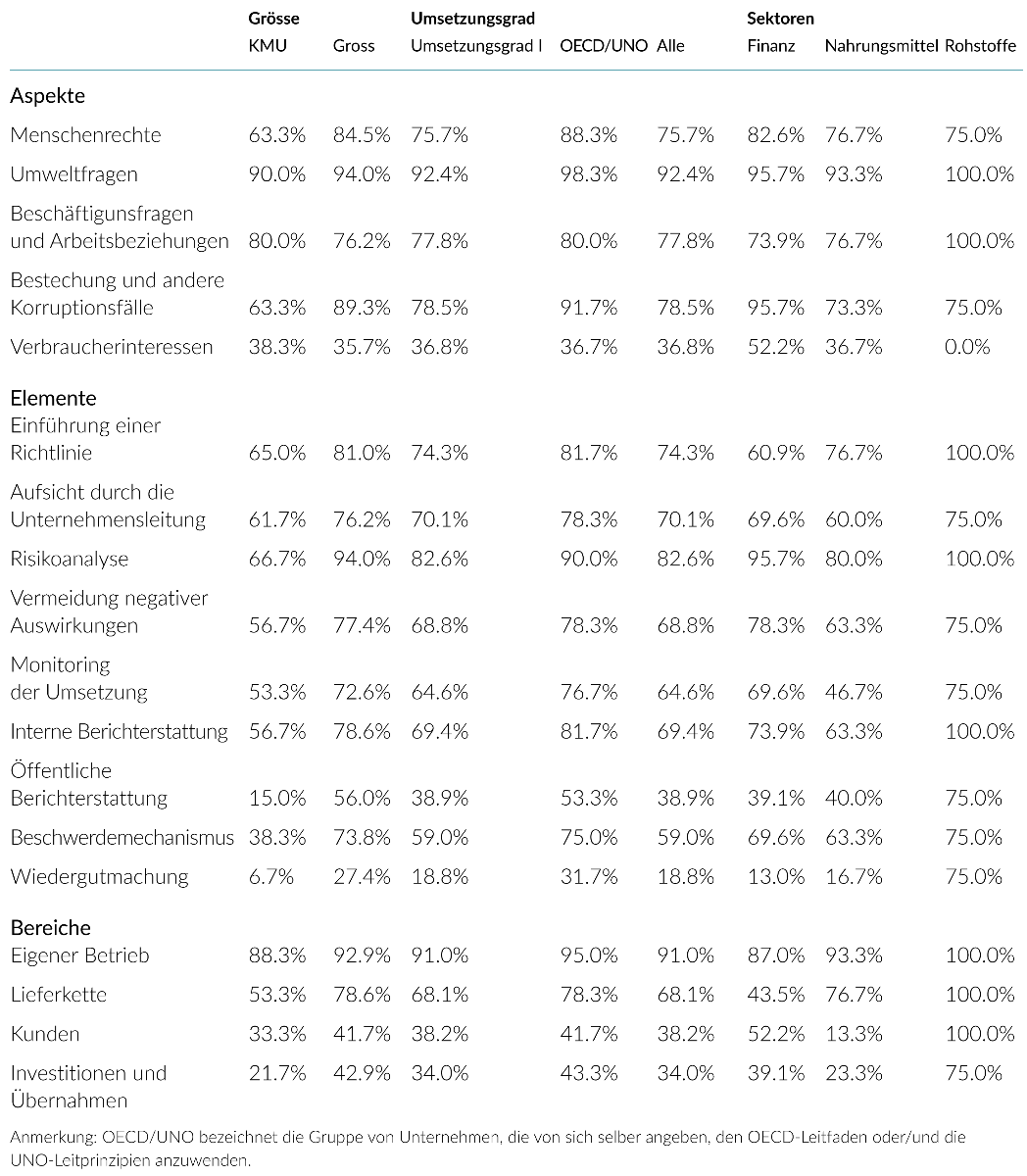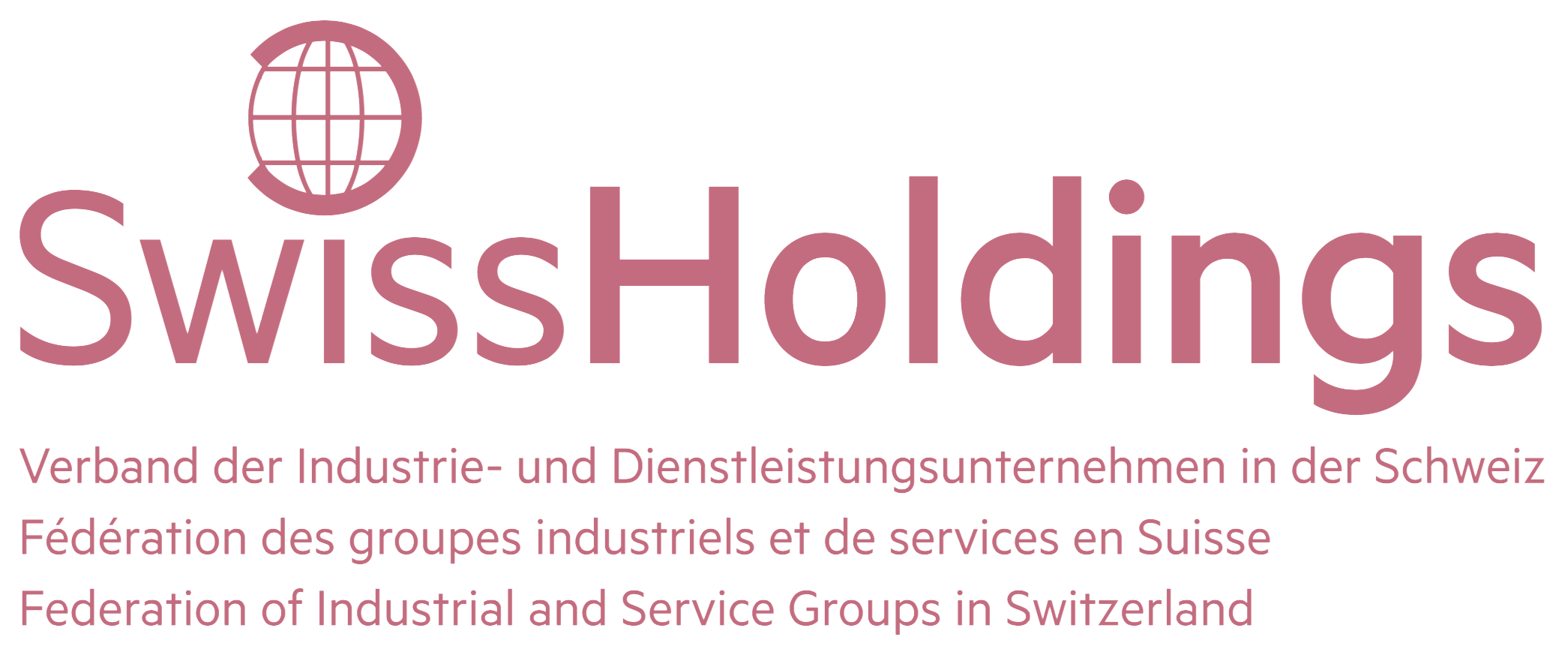This is an automated translation.
The federal government’s evaluation in the area of business and human rights confirms this: The majority of Swiss companies implement the rules on responsible corporate governance well. The performance of large companies is particularly noteworthy. The federal government’s action plans to promote sustainability among companies are also rated as targeted.
Numerous companies have significantly expanded their programmes for the establishment of so-called due diligence measures in recent years. In doing so, they have also orientated themselves towards the corresponding OECD and UN codes of conduct. The aim of these measures is to structure business activities responsibly worldwide in order to minimise the negative impact on society and the environment. The Confederation supports companies in this endeavour with training courses, awareness-raising events and the development of practical guidelines.
Last year, the FDFA and EAER commissioned the consulting firm ECOFACT AG and the Sociological Institute of the University of Zurich to analyse the implementation of due diligence procedures for responsible corporate governance by Swiss companies. The results of the study were published yesterday. The results show that a good 40% of SMEs and 70% of large companies in Switzerland implement due diligence measures.
Large companies have already implemented due diligence processes more widely
The assessment of the degree of implementation of the measures is particularly positive for the vast majority of large companies (see table below in the annex). These companies have introduced important measures to fulfil the complex requirements of this due diligence. The focus here is on the thematic aspects of human rights, environmental issues, labour relations, bribery and corruption – with the most frequently used instrument being risk analysis. The companies primarily scrutinise the structures and relationships in their own operations and in the supply chain.
The due diligence processes are complex and tie up a lot of staff and resources. This is probably also the reason why the size of the company proved to be a decisive factor in the evaluation. Despite the good interim results, the larger companies will also be required to further expand their measures in the coming years and, in particular, to focus them even more strongly on the customer and investor side. In principle, these due diligence instruments should be seen as an ongoing process of identifying, treating and managing risks.
Federal action plans to support companies are targeted
The Federal Administration’s carefully balanced mix of measures, which is set out in the corresponding federal action plans, appears to have paid off. Depending on the business model, the size of the company, its position in the supply and value chain and the geographical context in general, very different challenges arise in the implementation of due diligence.
A look at the timeline also confirms that the issue of responsible corporate governance has reached Swiss companies: the new provisions on the counter-proposal to the Responsible Business Initiative were not even in force at the time of the company surveys. The first reports will not be mandatory until next year. These will make the work and efforts of our companies even more visible.
Contact
Denise Laufer | Member of the Executive Board SwissHoldings | +41 (0)31 356 68 60
Annex

Table: Aspects, elements and areas of due diligence
Source: Studie zur Umsetzung der Instrumente zur Sorgfaltsprüfung für die verantwortungsvolle Unternehmensführung bei Schweizer Unternehmen, ECOFACT & University of Zurich. p. 76


